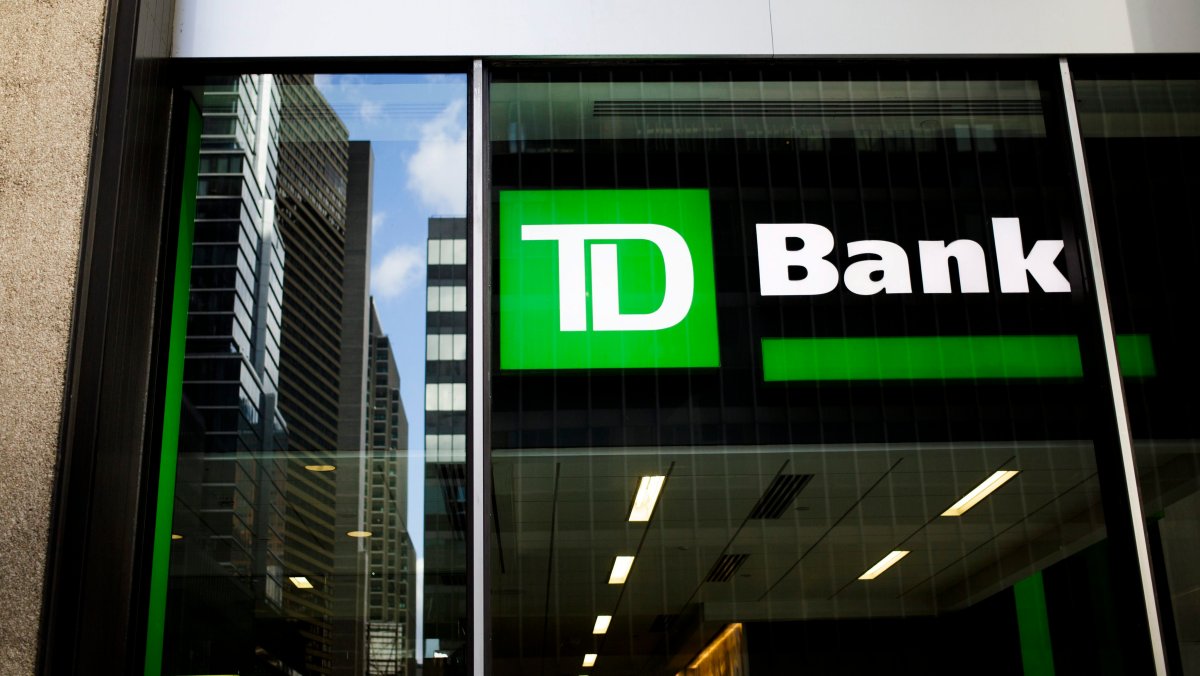Update: This story has been updated to reflect RBC’s decision to also raise its posted rate for five-year fixed mortgages.

Toronto Dominion Bank has raised its posted rate for five-year fixed mortgages by 0.45 of a percentage point to 5.59 per cent. And RBC says it will raise its posted rate for a five-year fixed mortgage on Monday to 5.34 per cent, up from its current 5.14 per cent rate.
The posted rate is the rate Canada’s big banks advertise publicly. The banks, however, often offer their preferred customers rates that are heavily discounted compared to their posted rates. The typical five-year fixed mortgage rate offered by the banks currently stands at 3.39 per cent and does not seem to be climbing for now, according to rates-comparison site RateSpy.com.
READ MORE: Should you lock in your mortgage rate or renew early before interest rates rise again?
Still, posted rates from Canada’s big six banks are used to calculate the qualifying rate that federally regulated lenders must use when stress-testing mortgage applicants.
READ MORE: Are variable mortgage rates still the best choice for saving on interest?
If two more of the big banks follow TD’s lead, the qualifying rate would climb “enough to shave off about 3 per cent from a typical borrower’s buying power,” Rob McLister, a mortgage planner at intelliMortgage.com and founder of RateSpy.com, wrote in a blog post on April 25.
READ MORE: Here’s the income you need to pass the mortgage stress test across Canada
A higher qualifying rate, in turn, could put more downward pressure on home prices and force more Canadians to renew their mortgage with their current lender, which would allow them to avoid the stress test, McLister wrote.
WATCH: Should you save into an RRSP or pay down your mortgage? Rising interest rates are changing the math.

TD’s move reflects rising yields on government bonds, which have climbed to their highest level since 2011. Yields are the return investors realize on bonds. And the big banks use the yield on government of Canada bonds as a reference for how much it’s going to cost them to borrow. Banks must be able to borrow at lower rates than they charge when lending to clients, so when borrowing costs rise for the banks, they often pass those costs on to consumers.
READ MORE: From broom closet to detached home: What millennials can afford across Canada
TD is the first of the big banks to have raised rates since January, and the adjustment was unusually large, according to McLister.




Comments